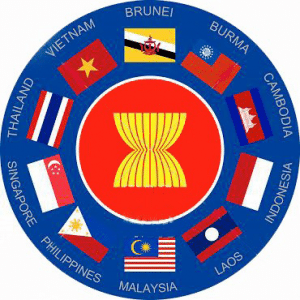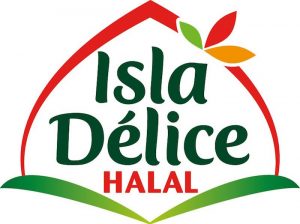TWO ARTICLES
Turkey Telegraph (This is a translated article that is followed by another very badly translated article in response to the Halal standard that has been proposed by Afnor)
The standard is “experimental” and not required, but it is an important step for industry which has demanded it for a long time. The negotiations lasted for several years.
The Association Française de Normalisation (Afnor) made public on Friday 15 September the first French standard for Halal food processing. This standard was established at the request of French manufacturers in the food industry in order to facilitate export of certain products, with the participation of muslim certification organizations affiliated with mosques of Paris, Lyon and Evry, said an official of Afnor to Agence France-Presse.
processing. This standard was established at the request of French manufacturers in the food industry in order to facilitate export of certain products, with the participation of muslim certification organizations affiliated with mosques of Paris, Lyon and Evry, said an official of Afnor to Agence France-Presse.
 processing. This standard was established at the request of French manufacturers in the food industry in order to facilitate export of certain products, with the participation of muslim certification organizations affiliated with mosques of Paris, Lyon and Evry, said an official of Afnor to Agence France-Presse.
processing. This standard was established at the request of French manufacturers in the food industry in order to facilitate export of certain products, with the participation of muslim certification organizations affiliated with mosques of Paris, Lyon and Evry, said an official of Afnor to Agence France-Presse.It sets the manufacturing process with recommendations to follow “in order to allow the industry to conduct their own risk analysis for Halal certification identifying the critical steps that could make their non Halal production Halal,” said Afnor.
But this standard remains ” experimental “, “voluntary” and not mandatory. To the extent that, due to community tensions and political awareness around religion of Islam, participants in its development have excluded a subject of major dissension, but not less important to muslims, the conditions of slaughtering animals for meat production.
Though it defines a method of producing a unified halal (what is lawful according to muslims) standard, it only covers part of the production process, located downstream from raw materials, to the processed product, for canned, prepared dishes, cold meats, or even sweets. In addition, it does not have a list of prohibited items, even if some are prohibited by consensus, such as pork and alcohol.
“It is not the role of the standard to decide on the interpretation of religious texts to define what is prohibited or permitted by Islam. We have provided guidelines to adapt to the demands of customers, so the title of the standard is a guide of good practices with an analysis of risks”, said Nadine Normand, head of department, agri-food AFNOR.
A market of 600 billion dollars
The creation of this first standard is no less crucial in the eyes of the industry. “Until now, we always had to accept the specifications of our clients, we had nothing to put forward, because there was no standard in France,” explained Eldjida Makhloufi to AFP.
The standard is based in particular on seven recommendations in Codex Alimentarius, established by FAO, United Nations organization for food and agriculture. “It should prevent incidents where haram ingredients [“forbidden”] end up in the finished product “, states text of standard. “The idea is to have a repository, this tool will allow us to go forward, and give confidence to businesses that want to export.
“The market is exploding day by day,” and “our competitors already take market share in countries where we could have a legitimacy, but where there are accusations of France not having a Halal standard.” In fact, the Halal market is estimated at $600 billion, which is breaking records in world. In France alone, market was estimated at 5.5 billion euros in 2010, of which 4.5 billion was for food products, stated by research firm Solis, specializing in marketing of identity.
ARTICLE TWO
The new standard for Halal has been criticized by the representative bodies in the French Council of the Muslim Faith.



